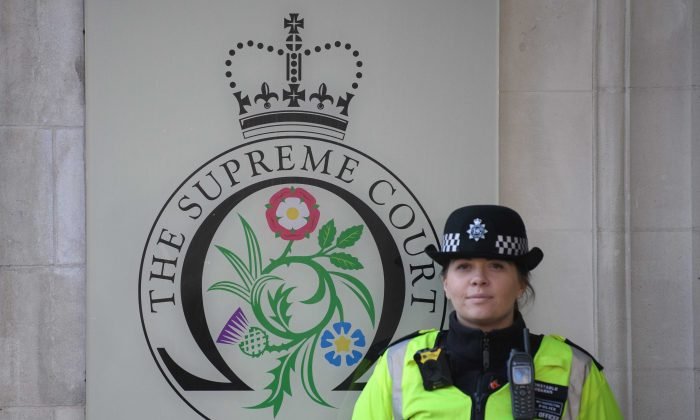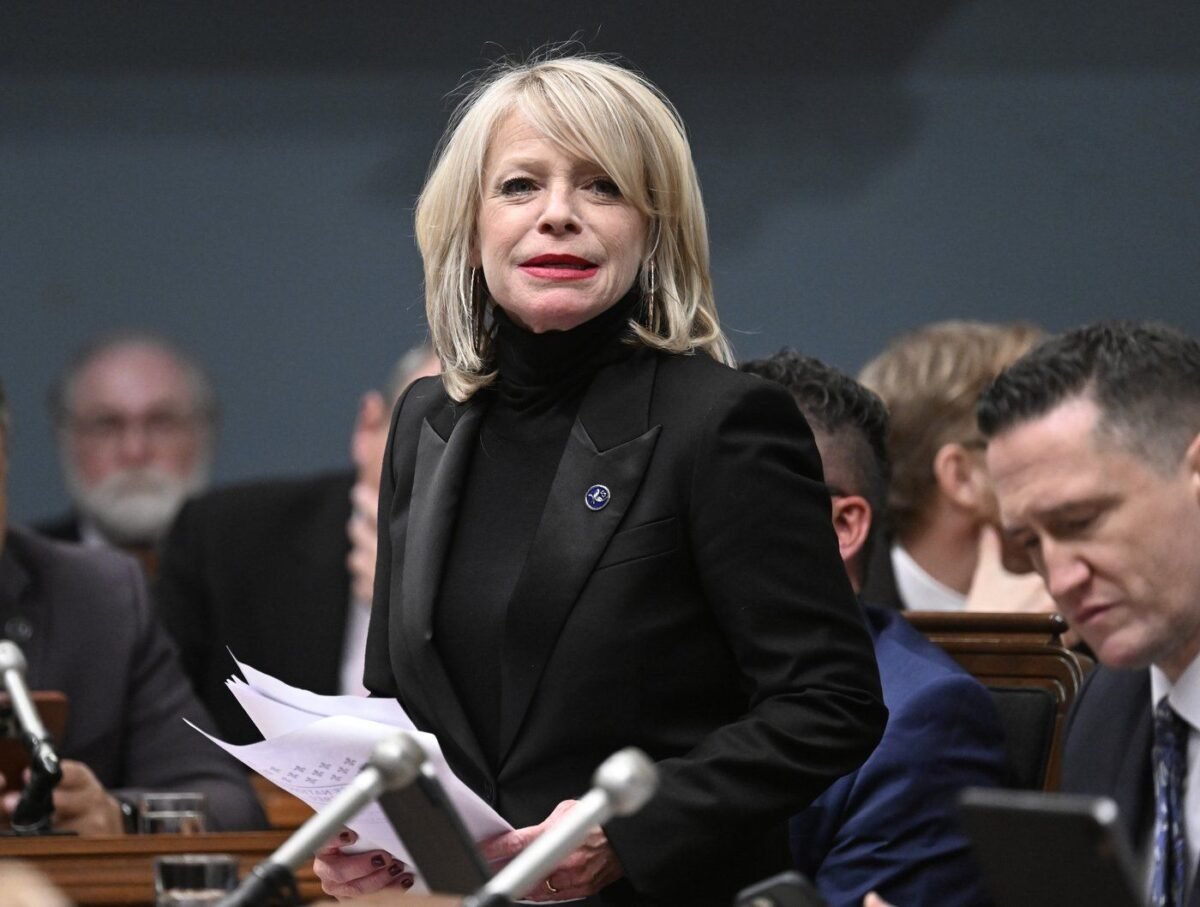Water companies face potential wave of legal challenges following Supreme Court decision
Campaigners are optimistic that the recent ruling concerning pollution in the Manchester Ship Canal will facilitate the accountability of water companies.
A panel of Supreme Court judges determined that current legislation does not prevent the Canal Company from pursuing a claim against the private sewerage undertaker United Utilities.
United Utilities, serving the north west of England, is a private company embroiled in an extended legal battle with the Canal Company. The dispute revolves around the release of foul water contaminated with untreated sewage into the canal connecting Manchester to the Irish Sea.
The Peel Group, an infrastructure and property investment business based in Manchester, owns the Manchester Ship Canal Company. The Peel Group’s estate comprises 13 million square feet of buildings, along with over 33,000 acres of land and water.
United Utilities’ sewerage network includes approximately 100 outfalls along the canal, from which treated waste is discharged into the water.
The court found that when the system was overwhelmed, it discharged raw sewage into the canal. According to the ruling, this could have been avoided if United Utilities had upgraded its infrastructure and treatment processes.
The court emphasized that water and waste companies are not authorized to discharge untreated sewage into watercourses. Consequently, the Canal Company has the right to pursue legal action in cases of nuisance or trespass, even without evidence of negligence or deliberate misconduct on the part of United Utilities.
Legal Precedent
According to Good Law Project campaigners, this ruling establishes a groundbreaking precedent that weakens the protection surrounding polluting water companies. It opens the door to potential legal challenges against private entities.
“This victory is significant. It equips us with stronger legal instruments to address the sewage crisis and hold water companies accountable, following repeated shortcomings from our ineffective and poorly funded regulators,” stated Jennine Walker, interim head of legal at the Good Law Project.
The outcome of this case has the potential to have a transformative impact on communities nationwide, according to the Environmental Law Foundation (ELF).
A spokesperson from United Utilities informed The Epoch Times: “We are currently evaluating the implications of the Supreme Court’s decision and the clarification it provides on the circumstances under which private owners can initiate proceedings regarding discharges.
“We comprehend and share the concerns regarding the need for change and have already commenced an ambitious proposed £3 billion program to enhance over 400 storm overflows across the North West, aiming to reduce spills by 60 percent by 2030. These proposals are part of our business plan currently under review as part of Ofwat’s price review process.”
The private companies argued that water monopolies in England were considered private enterprises rather than public authorities, rendering them exempt from disclosing information about their sewage discharges into rivers and coastal waters.
In 2015, the charity won another case securing the public’s right to access environmental information from privatized water companies.
The water companies explain that there are valid reasons for these statistics and assert that they are investing significantly in the industry.






